
Dr. Freda Prempeh with Ms. Beata Awinpoka Akanyani, Naa Sarkoe Mornah III at the opening ceremony of Mole Conference 23 at Jirapa
The Mole WASH Conference 2023 organized by the Ghana Coalition of Non-Governmental Organisations in Water, and Sanitation (CONIWAS), has commenced at Jirapa in the Jirapa municipality of the Upper West region.
The Mole Conference is an annual gathering that brings together WASH practitioners, policymakers, researchers, and stakeholders from across the globe to share insights, and innovations, and chart the course forward for the sector.
This year’s MOLE WASH 34th conference is under the theme: ‘Building Inclusive and Resilient Water, Sanitation and Hygiene.’
The objective of the Mole Wash conference is to review equity and inclusive approaches toward building resilient WASH services in the country.
The conference is expected to adopt an agreed set of recommendations for monitoring Ghana’s commitments to provide WASH services to everyone everywhere and keeping government and stakeholders on track to accelerate sustainable WASH services delivery.
CONIWAS Chairperson, Beata Awinpoka Akanyani, said the goal of the Mole conference is to review equity and inclusive approaches toward building resilient WASH services in the country.
“The focus of discussions will include; systems, approaches, and models of resilient WASH service delivery. Our objectives include; inspiring positive action, strengthening partnerships, and finding ways to bridge the gaps in WASH service delivery,” she said.
She noted that the WASH Sector continues to face numerous challenges such as water scarcity, water quality, inadequate access to sanitation and hygiene facilities, and the persistent threat of WASH-related diseases continue to jeopardize the health and well-being of numerous communities in addition, the devastation brought on by climate change impacts, such as the crisis after the Akosombo Dam Spillage are some of the hurdles the sector faces and that the sector must confront these challenges with determination and creativity.
Ms. Akanyani disclosed that CONIWAS has chalked some achievements such as holding policy engagement on the review of the Environmental Sanitation Policy with the Ministry, DPs, and Parliamentary Select Committee, continuous advocacy on Menstrual Hygiene Management (MHM) and the clarion call for the removal of taxes on menstrual hygiene products have resulted in wider CSO support for the call, CONIWAS built the capacity of its members in WASH System Strengthening to adopt and integrate in their project activities among other achievements.
The Minister for Sanitation and Water Resources, Dr. Freda Prempeh, said the uniqueness of this year’s theme is underscored by the importance of ensuring the resilience of the WASH systems, with construction, operation, and maintenance, as well as promoting system strengthening at all levels while recognizing the uneasy task of safeguarding the needs of the underserved and unserved to have sustainable and equitable WASH service.
According to her, the recently launched Ghana WASH Sector Development Programme estimates a total funding requirement of US $1.9 billion to ensure WASH for all by 2030.
She indicated that Ghana has made remarkable progress in the delivery of safe drinking water and the country is on track to achieving the SDG targets adding that according to the 2021 Population and Housing Census, 87.7% of Ghanaians have access to basic safe drinking water noting that approximately 3.8 million people still lack access to safe drinking water.
“Despite this enviable achievement, we need to take water quality issues seriously to be able to derive maximum benefits from the use of water. Five in 10 point sources and 8 out of 10 household water, according to the 2018 Multiple Indicator Cluster Survey are contaminated with E-coli. This calls for vigorous public education and sensitization on how to keep water safe from the point of fetch to the point of use.
Dr. Prempeh, however, lamented that the greatest enemy for safe water delivery in Ghana is the galamsey menace.
“As WASH stakeholders, we need to make our voices heard on the ongoing discussions aiming at stopping galamsey. It is costing our urban water utility company so much to treat water for human consumption. This, in my view, is not sustainable”.
The Minister for Sanitation and Water Resources expressed worry about the negative impacts of Climate Change such as floods, droughts, and rising sea levels, and how they affect the provision of WASH Services within the country.
“The time has come for us to be innovative to ensure the provision of resilient and sustainable WASH Infrastructure. The provision of such infrastructure is essential not only for public health but also for sustainable development, environmental protection, and community resilience. Despite several sensitisation activities on how to minimise littering of waste in public places, people still leave waste on the shoulders of the road. Some still dump waste beside empty public litter bins instead of dropping the waste into these bins, while others deliberately throw the waste from moving vehicles, onto the ground.

It is sad to note that notwithstanding the efforts made by the various Assemblies towards public sensitisation, the habit of street littering has not stopped, though our National and Local Bylaws frown on this practice. Moreover, it costs our city authorities a fortune to collect and transport these wastes from our cities. These scarce funds could have been channeled to other development sectors of the district assemblies”.
She assured that her Ministry is committed to strengthening the enabling environment to attract private sector additional funding to reach the unserved and underserved with sustainable WASH services and urged all participants to come up with implementable suggestions to help the WASH sector move forward more sustainably.
The Paramount Chief of Sankana and a Member of the Upper West Regional House of Chiefs, Naa Sarkoe Mornah III was the chairperson for the opening ceremony.
As part of efforts to support the media in the WASH sector, World Vision Ghana and GAMA Sanitation and Water Project sponsored some selected journalists from the Media Coalition against Open Defecation (M-CODe) to partake in this year’s Mole Conference in Jirapa in the Upper West region.
BY Eric Kombat, Jirapa
The post Mole WASH Conference 23 Kick-Starts In Jirapa appeared first on DailyGuide Network.
Read Full Story

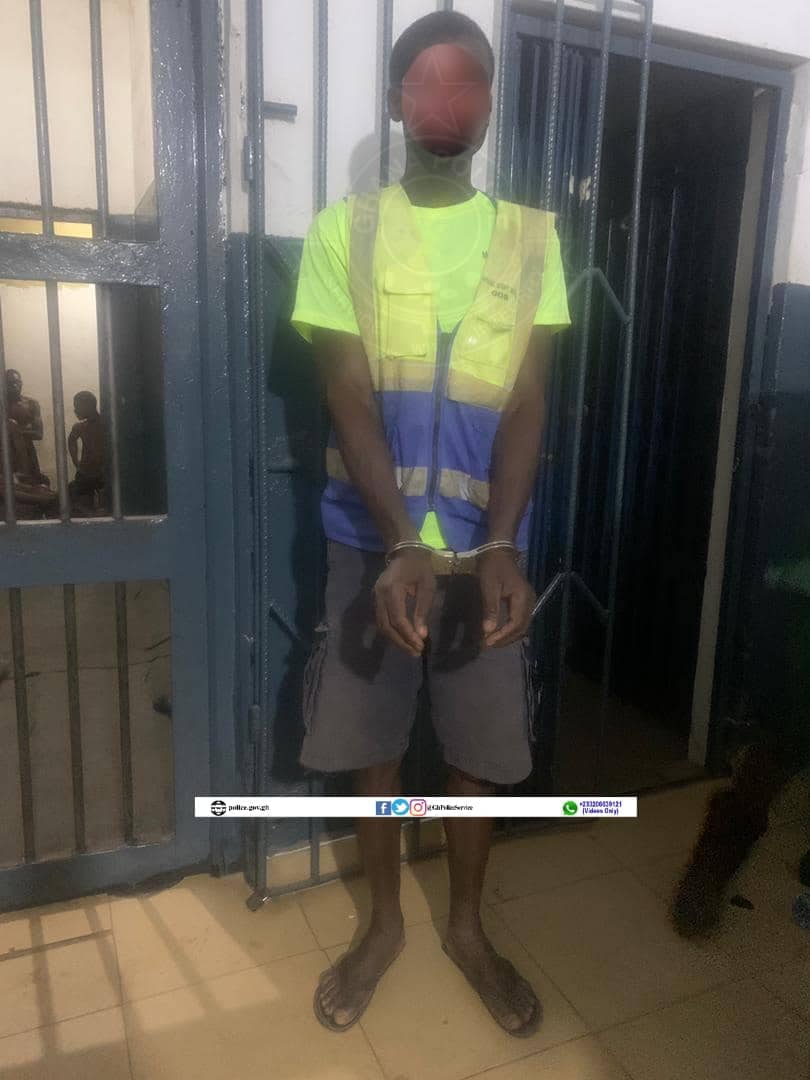






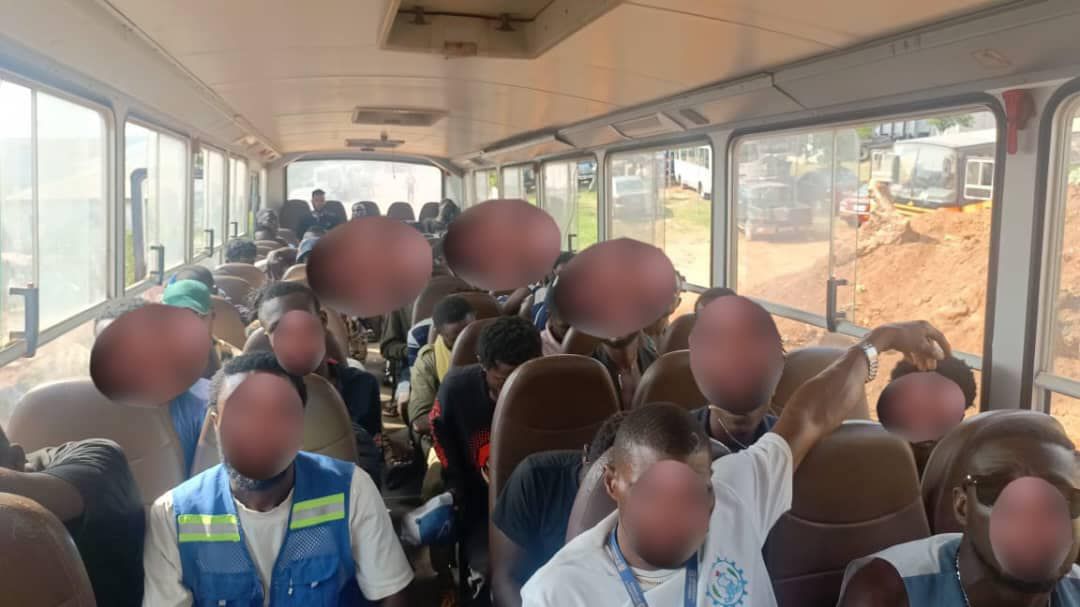
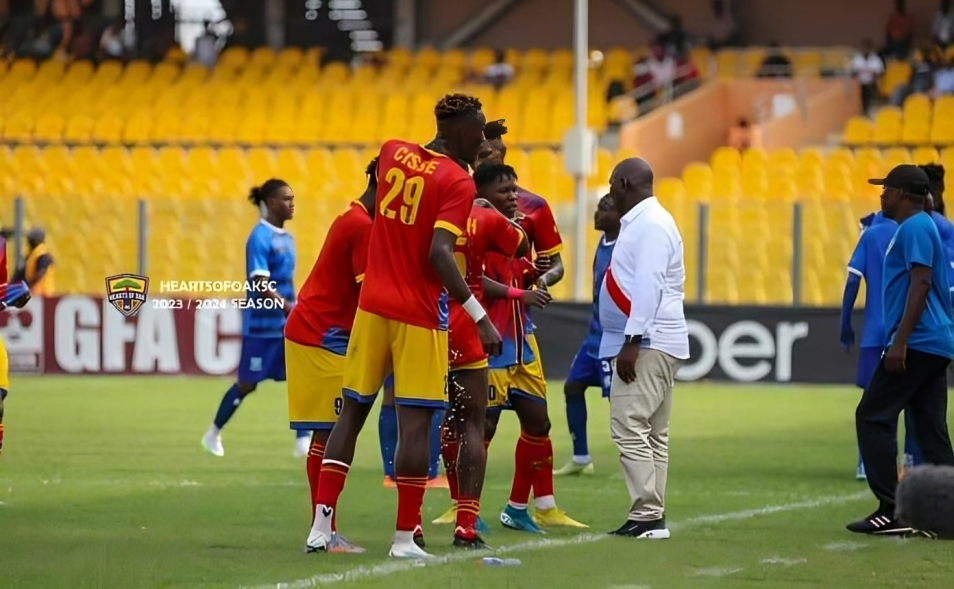
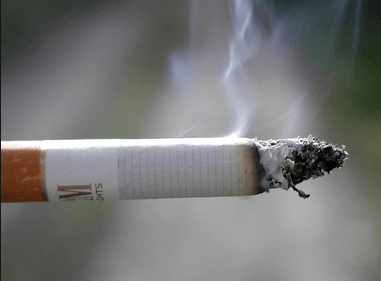
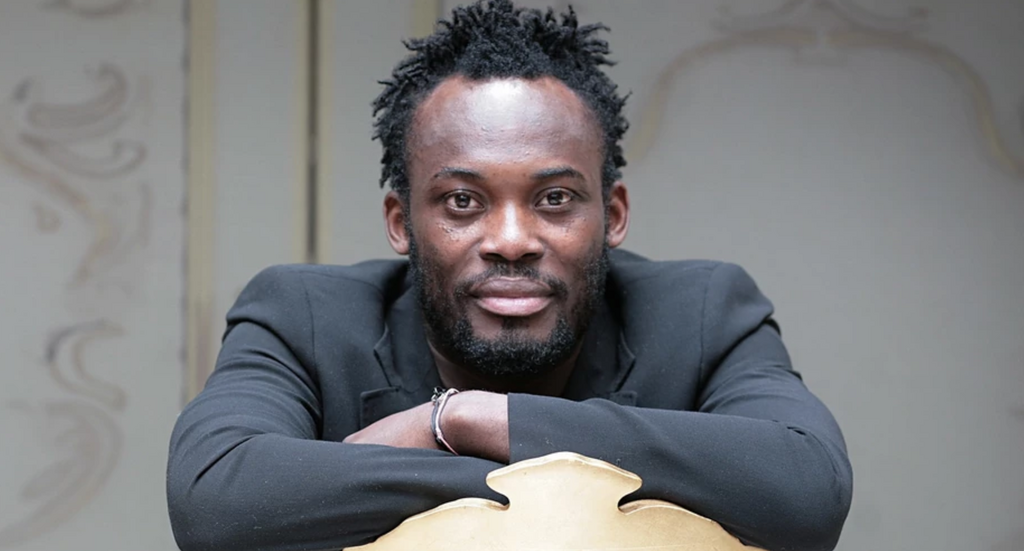
Facebook
Twitter
Pinterest
Instagram
Google+
YouTube
LinkedIn
RSS